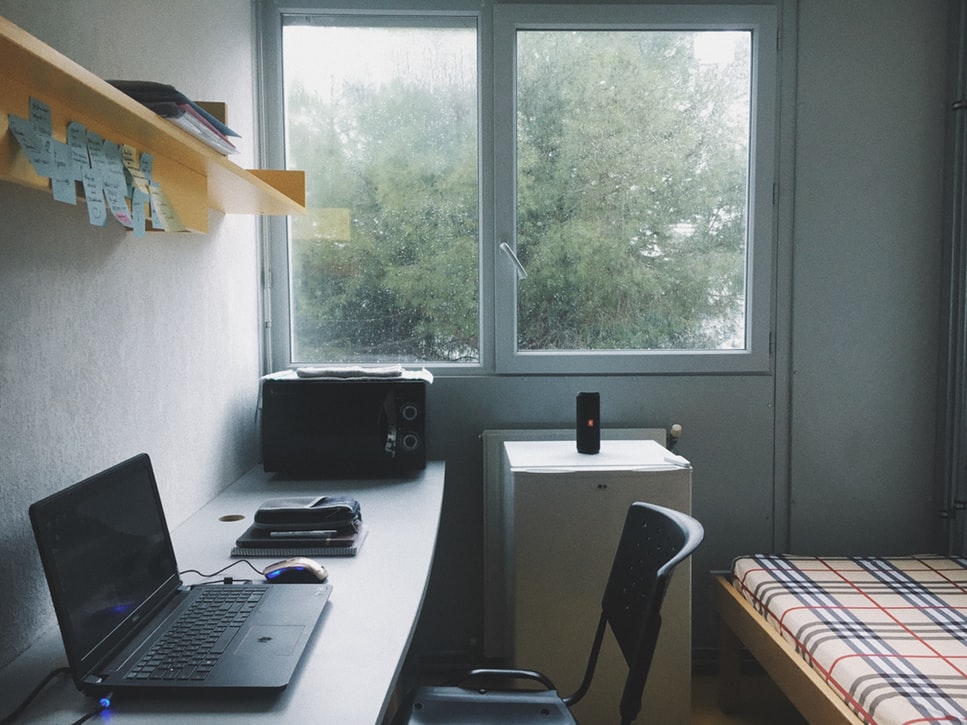University lectures, business meetings and friendships are increasingly being uploaded to the video conferencing platform Zoom amid lockdowns in response to the coronavirus pandemic. Chemsex sessions are no different. Although Zoom and other webcamming services were widely used prior to the outbreak, they are increasingly important at a time of social distancing. And this has a renewed public health potential.
“Chemsex,” a term mostly used in Europe—”party ‘n’ play” is more popular in North America—describes the sexualized use of drugs, particularly methamphetamine, GHB/GBL and mephedrone, among men who have sex with men and transgender women.
Zoom and other video chatting services seem to have been a part of chemsex since the early 2010s, when crystal methamphetamine use among queer men was re-booted in some places in Western Europe and the United States. “Webcamming and porn are both integral parts of chemsex,” London-based chemsex expert David Stuart told Filter. “It’s extremely rare to find anybody who doesn’t engage with online sexual content/activity as part of the (usually extended) chemsex experience.”
But since COVID-19 came to the United Kingdom, “lots and lots of people have stopped hooking up casually/stopped chemsex,” Stuart said. “I can also tell you that lots and lots of people continue to do so.”
“If you are horny and high, you don’t think about minimizing consequences because one of the effects of the drugs is feeling invincible,” London-based chemsex harm reductionist Ignacio Labayen De Inza told Filter. But he’s identified two barriers that will push people online: “the fear of infection” and “the fear of police.”
The threat of catching the virus seems to be slowing down in-person meet-ups. One London social service provider reported in a chemsex email group that he’s observed most men on Grindr seemingly “complying with social distancing.” Overall, there seems to be “a steady incline in persons active” online, he suggested. A provider in Italy has observed similar trends.
Bold police-enforced lockdowns imposed by jurisdictions in Spain, a country that has now seen more deaths than China, have led some chemsexeurs to worry about being punished for leaving their residence for chemsex parties. Some queer men in Madrid “wanted to meet in real but they thought the police was watching,” said Labayen De Inza, summarizing what he’s heard through his outreach efforts on Grindr.
These men have good reason to be nervous: On March 20, Barcelona law enforcement charged eight men with “crimes against public health” for gathering in an apartment for a chemsex party.
Zoom and other platforms are seemingly being re-tooled to meet new constraints posed by the pandemic. “People will go to webcam if they don’t have a choice” to meet in person, Labayen De Inza said.
Chemsexeurs are often seeking not just sexual drug experiences online, but intimacy and connection. Being stuck in an apartment as a result of “shelter in place” policies can be an isolating experience, and some have found community through chemsex. “Two of the most powerful reasons why people get involved in chemsex are loneliness and boredom,” Labayen De Inza wrote in a coronavirus-chemsex harm reduction handout he shared with Filter.
In Spain, “many” chemsexeurs are using webcamming platforms “to maintain the feeling of doing a group use,” Javier Curto Ramos of Madrid’s Apoyo Positivo, a nongovernmental organization providing chemsex services, told Filter.
Chemsexeurs online seem to agree. “Quarantine seems an appropriate time to find friends to masturbate on cam with us,” wrote one Reddit user on “PnPPlayground” a subreddit group dedicated to party ‘n’ play, on March 19.
Going online and using meth with others might just be another way to pass the time. “First time spun in over 3 months. Decided to use again since I couldn’t stand the boredom of being quarantined,” wrote a different PnPPlayground member on March 21. “God, meth is the best!”
Video chat platforms can help prevent coronavirus infection, and could potentially reduce the harm of social isolation for men who have relied on chemsex for connection. There are obvious reductions in risks to sexual health compared with in-person meet-ups. The platforms have been a “harm reduction staple in regard to sexual health,” said Stuart, noting that they are “especially so” now. “[A]ll the chemsex charities” Stuart knows provide some sort of phone-based support service for chemsexeurs.
But they are no silver bullet, and Stuart cautions against confusing webcamming’s potential for infectious disease prevention with drug-user harm reduction. Using drugs alone is generally riskier than using in groups. “Although there is a lot of good community minded people out there, there is also a lot of chaos and misinformation,” said Stuart. “Imagine a frightened, psychotic person naked and tweaking on meth, worried about if he has taken too much G; if he reached out to general untrained public, whether they are regular chemsexeurs themselves or not, he’d be barraged with an onslaught of conflicting and potentially dangerous information.”
Telecommunication services have been used to prevent fatal overdoses, though. The US hotline Never Use Alone provides people who use drugs the opportunity to call a trained phone operator who will ask for their location, allergies and medical conditions, and will then stay on the line with them for the duration of their drug use, contacting emergency services if the caller becomes unresponsive.
“Online chemsex platforms have pros and cons,” concluded Stuart. “They have harm reduction potential. They have harm reduction qualities. But it’s very nuanced.”
Photograph of a computer in a bedroom by Nguyen Dang Hoang Nhu via Unsplash





Show Comments